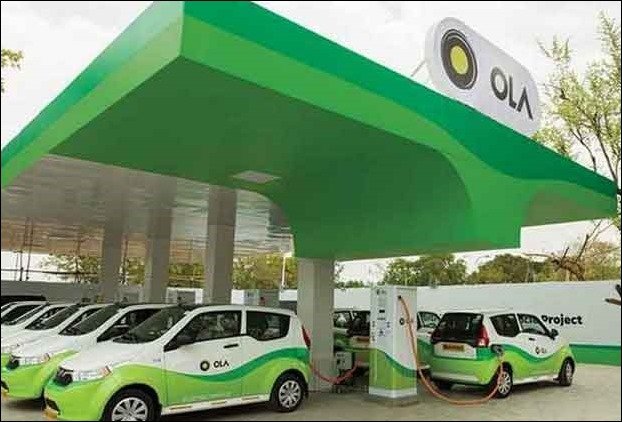A FICCI – Rocky Mountain Institute report titled ‘Enabling India’s Transition to Electric Mobility’ states that if India successfully achieves the electric vehicle target in coming years, then the country has the capability to save up to $330 billion (Rs 20 lakh crore) by 2030 due to reduction in oil imports.
The study estimates that India’s population will nearly double to approximately 600 million in the next decade – which would bring opportunities like 500 million trips almost per day.
While such rapid growth poses major policy and business challenges for both public and private sectors, the study notes that it represents enormous economic opportunity.
Optimizing e-mobility use for everyday life with greater thrust on use of public transport, e-vehicles, metro solutions and shared rides as means for mass transit could also prove game-changers in addressing the issue of air pollution in urban areas.
This shared mobility paradigm could result in sales of over 46,000,000 vehicles (two, three and four wheelers) by 2030, thus making Indian companies a leaders in EV technology.
The report further highlighted main barriers to EV adoption like price, selection, range, charging, and consumer awareness — are falling due to steeply falling technology costs, business model innovation, and increasing connectivity.






